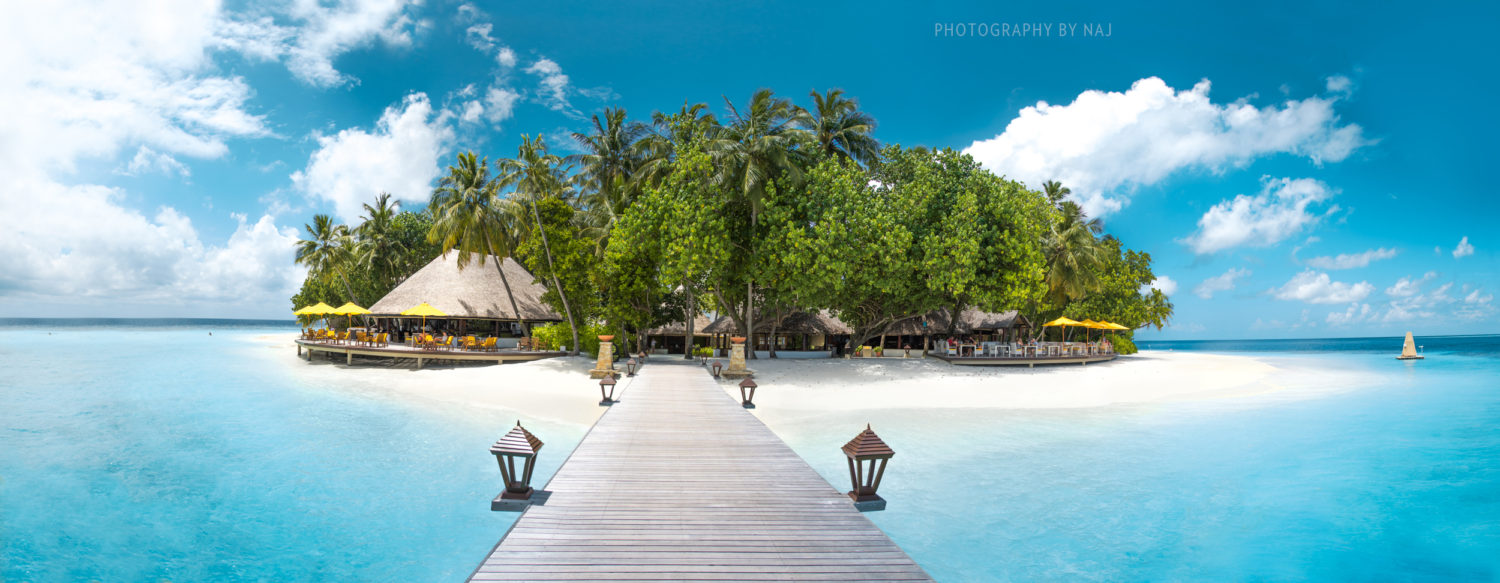Resort Nation

Words by Daniel Bosley; Pictures by Aishath Naj
The sun-drenched statistics of the Maldives’ tourism industry are fairly well-known. 1.2 million visitors a year and rising, providing around four fifths of GDP and six out of every ten jobs in the country.
Since its introduction 40 years ago, the tourism sector has changed the fortunes of the previously little-known archipelago, catapulting the isles from the darkest recesses of nautical charts to the front covers of travel brochures the world over.
Other figures, however, indicate that the growth of brand ‘Maldives’ will soon eclipse traditional life in the atolls – completing the transformation from a ‘fishing’ to a ‘resort nation’.
In response to cultural conservatism and local geography, the ‘one-island one-resort’ model has produced 118 of these luxury oases, utilising 9.8 percent of the estimated 1,192 Maldives islands.
Though resorts are still outnumbered by local ‘inhabited’ islands – which represent 15.6 percent of the total – traffic in the atolls is only going one-way. 2016 has seen a record number of new resorts built, and close to 40 additional properties are set to open before the end of 2017.
At this rate, and with continued pressure to relocate smaller communities to the Greater Male’ area, holiday islands seem set to outnumber traditional settlements within the next decade.
Relying less and less on fishing, the rapid growth of the guesthouse industry – itself aiming to bring half a million budget travellers to local islands by 2020 – will further the cultural shift, though the profitability of leasing out the abundant isles make resorts the government’s preferred model.
Previously famous for its lethal reefs and suspicious natives, a sailor wrecked in the Maldives will soon be more likely to find a ‘local’ culture of international hospitality than of traditional Dhivehi communities; five stars and foreign guests more common than five prayers and fishermen.

Leave a comment